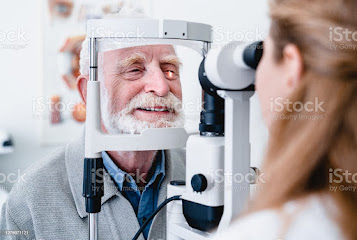What is glaucoma?
Symptoms and types of glaucoma
There are two main types of glaucoma:
Open-angle glaucoma
Angle-closure glaucoma
Open-angle glaucoma: This is more common and difficult to detect. People do not experience serious symptoms, but patients lose their vision and can lose it completely if not treated. It is estimated that more than 3 million Americans have glaucoma.
Angle-closure glaucoma: This is a very common, but easy point. Symptoms include immediate loss of vision, eye pain, very red eyes, and nausea. Vision and no treatment have proven successful in restoring lost vision. Because it is so common, it affects no more than 10% every year.
Risk for glaucoma?
A survey for the Glaucoma Research Foundation found that 74% of more than 1,000 people surveyed had their eyes checked at least once every two years. But, there are no sure steps or methods to prevent glaucoma.
Everyone is at risk for glaucoma, but some groups are at higher risk than others:
People 40 and older are at high risk of developing glaucoma;
If you have diabetes, regular medical checkups are recommended;
If you have a family history of glaucoma: remember that the most common form of glaucoma, primary open angle glaucoma, is inherited;
If you have had LASIK surgery;
If you are African / American - African Americans are six to eight times more likely to than Caucasians;
People with changes in blood pressure, trauma, or hypertension.
What foods should you eat?
Some healthy eating habits to look strong include:
Take vitamins A, B, and C
Protein-rich foods
Green leafy vegetables, fruits, and whole grains
Increase intake of fish oil, B-complex, and calcium
Avoid tea, coffee, and alcoholic beverages
How to treat glaucoma?
Microsurgery: A thin tube is moved and the optic nerve is connected to the brain through it. The success rate of this method is very low compared to laser surgery.
This medication is only used for people diagnosed in the early stages of glaucoma. Without treatment, it will lead to complete loss of vision. This is one of the reasons people call it "the secret thief of the eye".
Show your support for Glaucoma! Create an inspirational postcard or design a unique personalized bracelet with a special message to boost your confidence!




Comments
Post a Comment